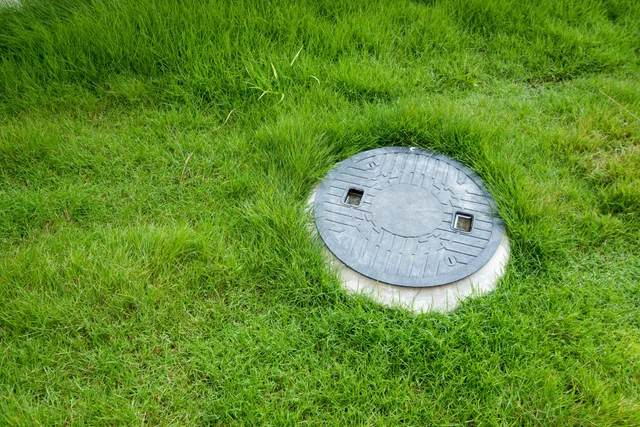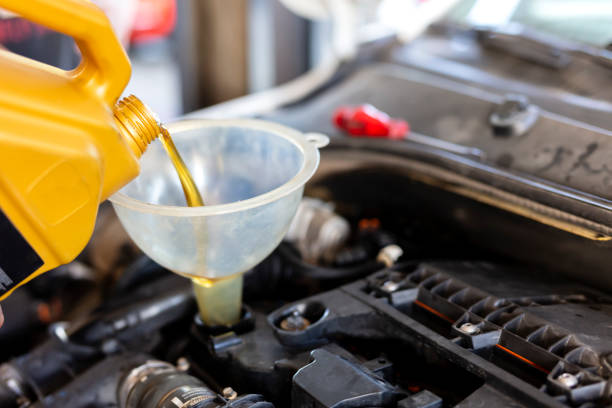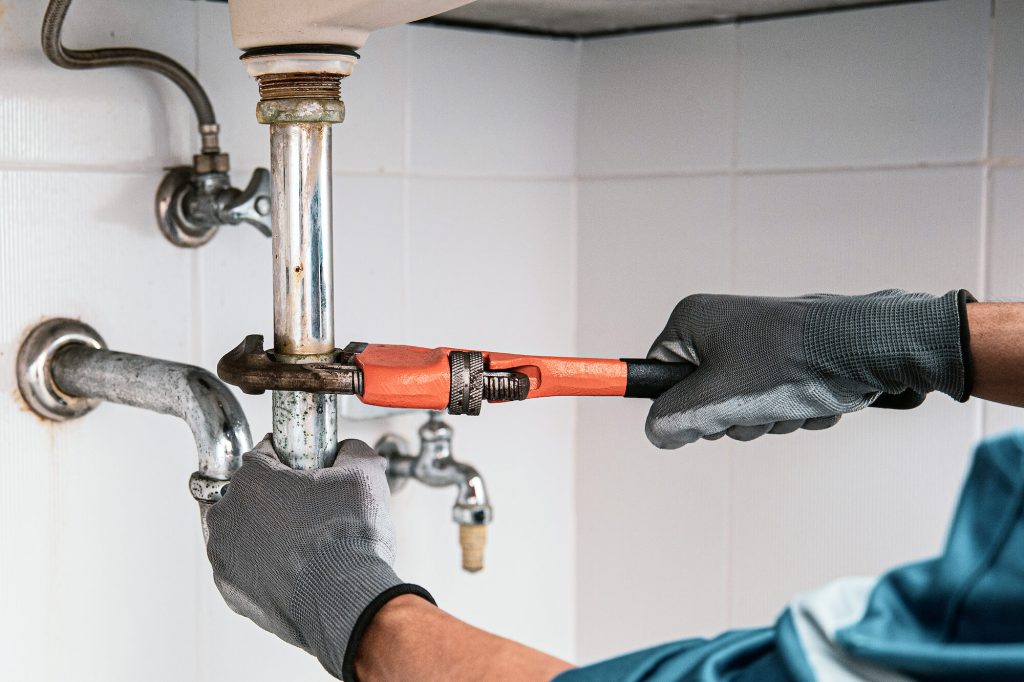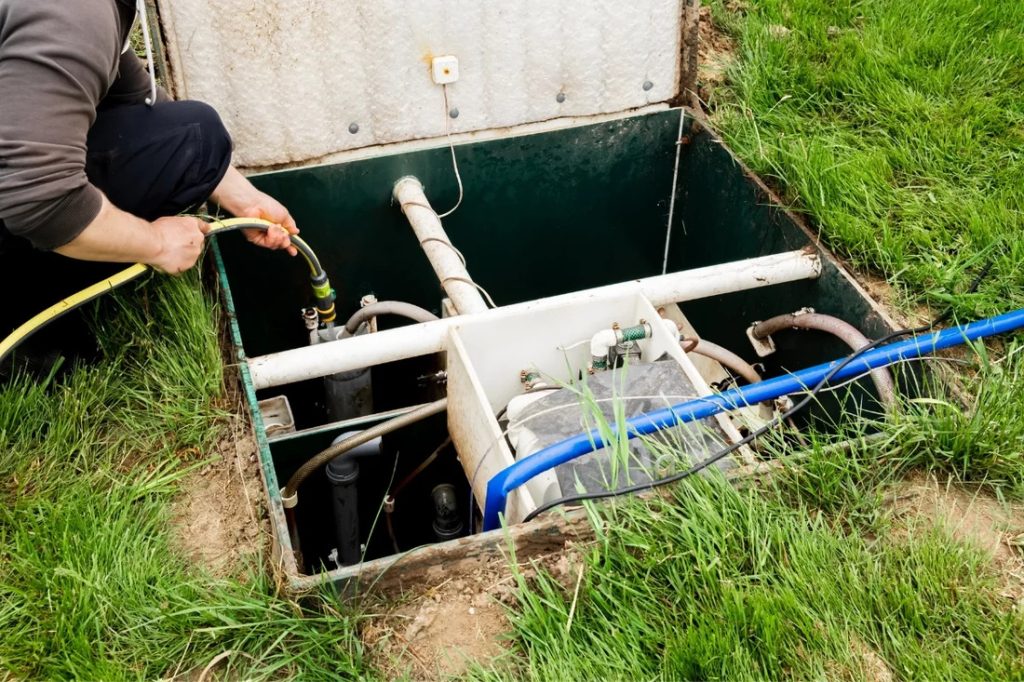The global whiskey market is witnessing impressive momentum as consumer preferences continue shifting toward elevated experiences, refined craftsmanship, and distinctive flavor journeys. This rising wave of enthusiasm is pushing the category to new heights, supported by premiumization, cultural curiosity, and an expanding global appreciation for authentic, high-quality spirits.
Premiumization Drives Strong Global Demand
Premiumization has become one of the most influential forces shaping the whiskey landscape today. Enthusiasts increasingly seek bottles that offer superior quality, refined profiles, and unique production methods. This shift has naturally uplifted both demand and value across international markets.
Key highlights of the premiumization trend include:

- Growing attraction to small-batch and craft-inspired expressions
- Increased willingness to invest in higher-tier products
- Strong interest in aged offerings and experimental cask finishes
- Rising preference for sophisticated sipping occasions over casual consumption
This elevated buying behavior reflects a broader desire to explore deeper flavor complexity and celebrate fine distillation artistry.
Evolving Consumer Tastes Expand the Market
As lifestyles become more experience-focused, consumers are engaging with whiskey in more intentional and adventurous ways. New drinkers and seasoned enthusiasts alike are discovering diverse styles from across the world, widening global market participation. A well-designed Whiskey Comparison site offers user reviews, expert ratings, and detailed tasting notes efficiently.
Shifts in taste preferences fueling growth include:
- Exploration of lighter, smoother profiles suitable for new consumers
- Appreciation for bold, rich, and layered flavor expressions
- Increased curiosity about regional styles and production techniques
- Growing enthusiasm for food pairings and curated tasting events
This evolution is transforming whiskey into a versatile and culturally dynamic spirit that appeals to multiple palates and social settings.
Innovation and Education Elevate Consumer Engagement
One of the most encouraging developments in the whiskey sector is the expansion of consumer education and innovation. Workshops, guided tastings, and digital learning experiences continue to strengthen global appreciation. At the same time, producers are embracing innovation to meet modern expectations.
Positive market drivers include:
- Expanding knowledge-sharing through virtual and in-person events
- Creative blending practices and flavor experimentation
- Sustainable production commitments enhancing consumer trust
- Improved packaging and storytelling that enrich product value
These advancements allow enthusiasts to form deeper connections with the spirit while encouraging newcomers to confidently explore the category.
A Bright Future for the Whiskey Market
With premiumization shaping refined preferences and evolving tastes welcoming broader audiences, the global whiskey market is positioned for sustained growth. Rising cultural interest, expanding education, and ongoing product innovation continue to energize the landscape. Overall, the future of whiskey remains remarkably bright, driven by consumers who value quality, authenticity, and memorable flavor experiences.







